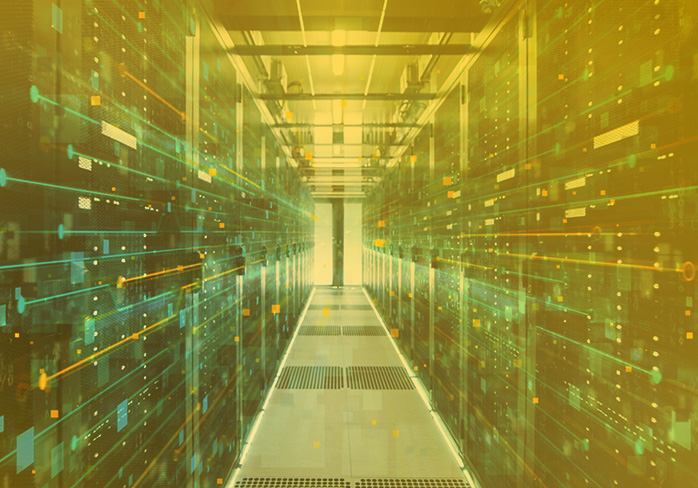For decades, energy, environment, and sustainable economy have been primary goals for many nations worldwide. Of course, those plans have been derailed by the outbreak of the COVID-19 pandemic. Instead of keeping up with sustainable development goals (SDG), many countries were forced to focus on more pressing matters, sometimes moving them in the opposite direction.
In the wake of the COVID-19 pandemic, the world is starting to recover and focus on sustainability once again. There are new challenges to overcome, but sustainable development is a goal we must strive to achieve. The main challenges that Haifa is addressing are the identification of gases, detection and real-time alerts, and preventative maintenance of air pollution. This goes hand in hand with improving the water quality by cleaning industrial and plastic waste.
Sustainable Development Goals (SDG)
Before the COVID-19 outbreak, the United Nations (UN) created a list of 17 Sustainable Development Goals with the mission of achieving them by 2030.
The COVID-19 pandemic caused a worldwide crisis with wide-reaching implications in public health, economics, social stability, and national and global politics. Many of the plans have been stalled, but people need to be determined, now more than ever, to get back on track to achieve these worthwhile goals.
Join the 3E Program and Solve Industry Challenges With Us
The Impact of COVID-19
The COVID-19 outbreak has shed light on many of the vulnerabilities in countries around the world. Even high-income countries like the United States—who were thought to be the most well-prepared for a pandemic—were sent reeling as health systems around the world were
brought to their knees.
The strict lockdowns have also caused further damage to economies and individuals worldwide. With people mandated to stay at home, there have been rises in joblessness, mental health issues, domestic violence, and classroom absences.
Instead of coming together to fight the virus, the pandemic has resulted in growing inequalities, further undermining the progress toward the Sustainable Development Goals.
Impact on Haifa’s SDG Goals
The primary sustainable development goal that Haifa has been focusing on for years is air pollution. Air pollution has been a major issue for many metropolitan centers throughout Israel such as Haifa, due to the high quantities of transportation, industrial facilities, and
natural fires.
The Haifa Bay Area is an especially problematic region due to the shipping port, airport, and power station. A 2014 study revealed the extreme pollution in the area raises cancer rates by 15%, and children are twice as likely to have asthma compared to the national average.
While there have been many efforts to reduce pollution in Haifa, the COVID-19 pandemic has produced the most significant changes. With everyone staying home, pollutant emissions decreased by as much as 13%, and nitrogen dioxide in the area has decreased by up to 61% in some regions.
While emissions—and thus pollution—are expected to increase after the pandemic has passed, it’s the duty of city leaders and Haifa residents to ensure these changes are permanent. Despite the technological advances in transportation and industry, there simply hasn’t been enough done to encourage lasting change such as reducing leaded gasoline usage or setting emission standards for industrial plants.
Now is the time to capitalize on the opportunities presented by the COVID-19 pandemic and implement lasting environmental change for the health and safety of Haifa residents.
Optimistic Opportunities
Every downside has an upside, and amidst all the negative brought on by the COVID-19 pandemic, it has illuminated some opportunities for sustainable growth.
Due to the pandemic’s uncertain nature, the lasting impact on Haifa and the rest of Israel is unknown. Many companies and organizations are working on solutions to lessen the impact and achieve an optimistic outcome.
The Israel Ministry of Energy and the Israel Innovation Authority are teaming together to develop and implement projects related to technologies, products, and processes which promote renewable energy, energy efficiency, better water management, wastewater
treatment, to name a few.
An initial investment of NIS 10 million, reported by the ministry, will promote projects to innovate the energy market from fossil fuel substitutes to groundbreaking research in renewable energy and energy efficiency.
The hope is that while the world deals with the rapid changes in the use of clean energy sources, Israel’s energy sector will lead the way through innovative technologies. This will help advance the economy in Israel and achieve our goals of reducing emissions and
pollution.
During these circumstances, an association of industry specialists working with governmental authorities along with dedicated funds can yield extraordinary results for solutions for a better future. These partnerships are striving to develop and produce innovative technology that will solve our challenges



